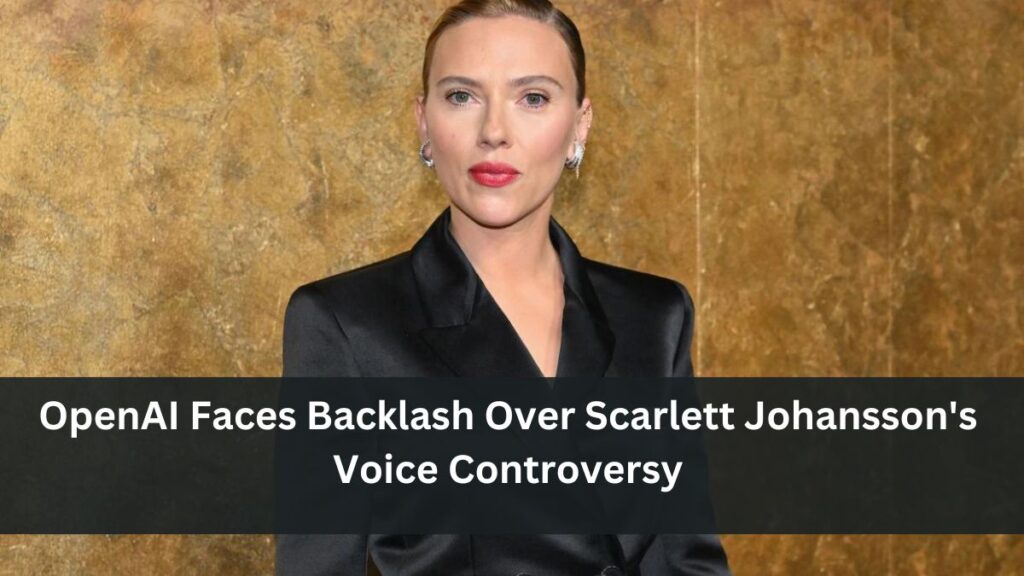Unveiling the Sky Voice
In a recent turn of events, OpenAI, the renowned artificial intelligence research laboratory, found itself embroiled in a controversy surrounding the striking similarity between one of its synthesized voices and that of Hollywood actress Scarlett Johansson. The voice in question, dubbed “Sky,” was utilized during a demonstration of OpenAI’s latest GPT-4o model. However, what was intended as a showcase of advanced conversational abilities quickly escalated into a viral sensation, as users on social media pointed out the uncanny resemblance to Johansson’s voice.
The Resemblance and the Fallout
The unexpected uproar emerged when a video of the demo circulated online, prompting discussions about the ethical implications of AI voices closely mimicking those of celebrities. While OpenAI adamantly refuted any intentional imitation, stating that Sky’s voice belonged to a different undisclosed professional actress, the striking similarity to Johansson’s voice was undeniable. Some users found the voice overly flirtatious, drawing comparisons to Johansson’s portrayal of a seductive virtual assistant in the 2013 film “Her,” where her character forms a complex relationship with a human protagonist.
Scarlett Johansson’s Response
Scarlett Johansson herself entered the fray, issuing a statement revealing that OpenAI had approached her regarding supplying the voice for their system. Despite declining the offer nine months prior, Johansson expressed shock and dismay upon hearing the released demo, citing the unnerving resemblance to her own voice. Subsequent legal action ensued, with Johansson’s legal counsel demanding clarity on the development process behind the Sky voice. OpenAI, in response to the mounting pressure, reluctantly agreed to remove the controversial voice.
OpenAI’s Apology and Clarification
OpenAI’s CEO, Sam Altman, issued a statement asserting that Sky’s voice was never intended to imitate Scarlett Johansson’s, emphasizing that the voice actor behind Sky was cast independently of any outreach to Johansson. However, in a gesture of goodwill, OpenAI acknowledged the need for clearer communication and extended an apology to Johansson for any distress caused by the incident.
Ethical Considerations and Future Directions
The debacle raises significant ethical questions regarding the use of celebrity likenesses in AI technologies and the broader implications for privacy and identity rights. As advancements in AI continue to blur the lines between reality and simulation, ensuring transparency and accountability in the development and deployment of AI voices becomes paramount.
Moving forward, OpenAI pledged to introduce a diverse range of voices in its ChatGPT platform to cater to users’ preferences and mitigate concerns about celebrity impersonation. However, the controversy serves as a stark reminder of the ethical complexities inherent in AI development and the importance of ethical guidelines to navigate these uncharted territories.
Towards Transparency and Accountability
The saga surrounding Scarlett Johansson’s voice controversy underscores the urgent need for transparency and accountability in AI development. As AI technologies become increasingly intertwined with our daily lives, safeguarding individual rights and fostering trust between creators and consumers are imperative. By fostering open dialogue, adhering to ethical standards, and prioritizing user privacy, the AI community can navigate these challenges and pave the way for a more ethical and inclusive AI landscape.
In conclusion, the Scarlett Johansson voice controversy serves as a wake-up call for the AI industry to prioritize ethical considerations and uphold the dignity and rights of individuals in the age of artificial intelligence.

